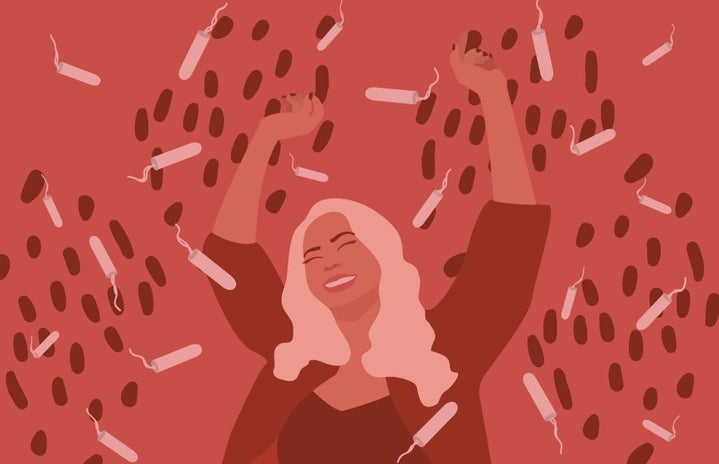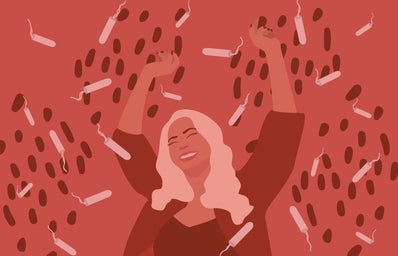I’m sure we have all heard about these campaigns, as often they are issues which affects many of us. This week, Georgia shares information about prominent campaigns occurring right now, surrounding the issue of women’s healthcare – a topic which is often shrouded in inequality. Find out how this affects you, and what you can do below.
Inequality surrounding women’s health care is widespread throughout the UK.
52% of women think that gender discrimination negatively impacts their medical rights. Women’s health concerns have been increasingly dismissed due to the stereotype that women are more ‘emotional’ than men, thus tend to exaggerate their symptoms. The tampon tax was a 5%, unnecessary rate of VAT on sanitary products. After much campainging, this sexist surcharge was dropped in a bid to make sanitary products more widely accessible.
Although This was a victory, we need complete autonomy.
Here are some campaigns you should take a look at..
Free the Tampons
Menstrual products are a necessity, not a luxury and periods are a basic fact of biological female existence, not a choice. The ‘Free the Tampons’ campaign vies for ‘freely-accessible tampons and pads for all restrooms outside of the home’. Their mission is to end the stigma surrounding periods and fight to end period poverty, because 1 in 10 cannot afford sanitary products, and 1 in 7 struggled to afford them.
Find out how you can help here : https://www.freethetampons.org/action.html.
Free Periods
Another campaign in the realm of free sanctuary products is the Free Periods campaign. Its incentive was that, under the Equality Act, the UK government has a commitment to see young people in school everyday. But, 44% of girls report missing a day of school due to periods. This forces the government to listen – and they did. In 2020, free period products were made available to state schools in England. However, because of COVID, the mission was hindered and a lot of students didn’t know their rights, so Free Periods are working hard to ensure all schools opt into the programme.
Another key aim of theirs is to end the stigmatised narrative that surrounds having a period. To take part in the action, follow the link : https://www.freeperiods.org/getinvolved.
The Morning After Pill – a win!
The morning after pill (MAP) is a form of emergency contraception which works by altering the female reproductive cycle to temporarily stop fertilisation. It is a crucial preventative measure if contraception hasn’t been used or rendered null and should be freely accessible to anyone who needs it. Talk around lowering the price of the Morning after Pill has been advocated for years, but the pinnacle of farcicality came on the 26th November 2021: Black Friday.
Boots had placed a 50% discount on emergency contraception for a momentary time. This sparked the question: why not always?
The insensitivity of a drugstore heightened the campaign, in which challenged Boots to mirror its offer of half price indefinitely. They hit back, suggesting that ‘we sometimes offer short term promotions in order to raise awareness of certain services but it is not usually possible to sustain significant discounts in the long term’. The launch of the campaign by Rose Stokes was admirable, as her constant dedication and utilisation of her journalist platform produced crucial change – where the price of Levonorgestrel decreased by 40%. Her tactful decision to partner with MP’s and BPAS gave the campaign national coverage.
Since February 2022, the MAP is now available for £9.99, but this success did not come without a fight. In 2017, Boots refused to reduce its price, reasoning that it would ‘incentivise inappropriate use’. This blatant remark simply fed into the stigma that buying emergency contraception is ‘shameful’ or ‘reckless’.
in reality, it is quite the opposite, it is extremely responsible to take care of your reproductive health and we should be able to practice sexual measures without judgement.
Although these campaigns have produced whopping material progress, the stigma around periods and taking the morning after pill revolves around a culture of embarrassment which we need to end.
The gender health gap needs to be closed.
Sources for your interest:
https://www.instagram.com/uon_onceamonth/
https://mashable.com/article/morning-after-pill-campaign-succeeds


